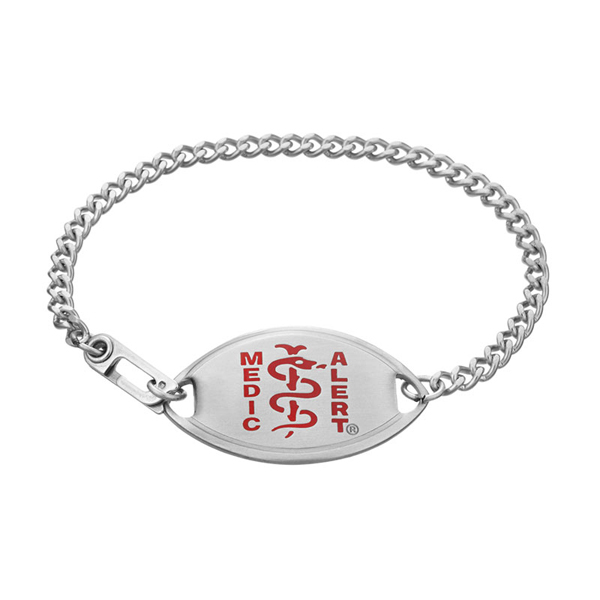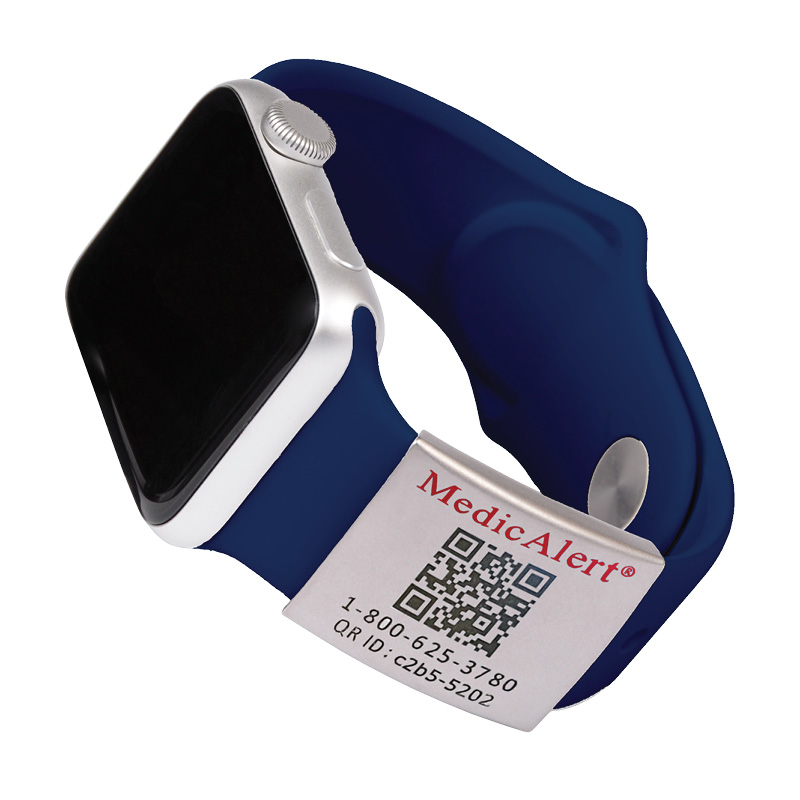As years go by, there’s often a distinct moment when you realize that your parents have become “older folks.” Maybe it’s looking at a recent photo that really shows the changes in your dad’s face. Maybe it’s the first time you notice how long it takes your mom to get into the car. It’s around that time when you realize that your roles have changed. You will need to help take care of them as they age. A medical ID is a great way to do that.
Just because you’ve realized this doesn’t mean your parents are on the same page. As signs of aging become more significant, like increasing joint pain, decreasing mobility, or frequent accidents and falls, your parents may not be willing to acknowledge their growing limitations. This is where conversations come in about their care, and managing the need for safety with the need for dignity.
Aging in Place with a Medical ID
Most seniors want to “age in place,” or live out their later years in their homes as independently as possible. Research supports that seniors who age in place experience a higher quality of life than those who don’t. Yet, there are some health and safety risks involved, like injuries from falls or cooking accidents, mistakes in taking multiple medications, and getting lost or disoriented when dementia is involved. How can some of these risks be mitigated while still allowing aging parents to remain at home safely?
One way to provide protection and safety to parents aging in place is by getting them a medical ID. A MedicAlert ID is one of the most powerful objects to add to their lives to help maintain independence. It doesn’t take up much room or require major changes, like other safety equipment would. But, it can make a huge difference in their safety and your peace of mind.




